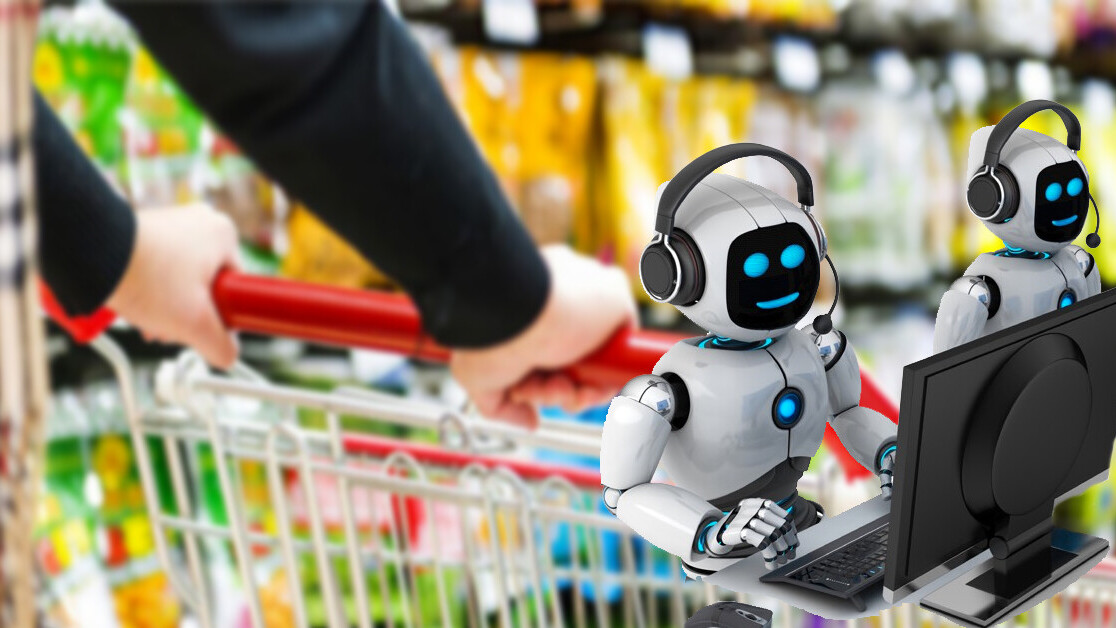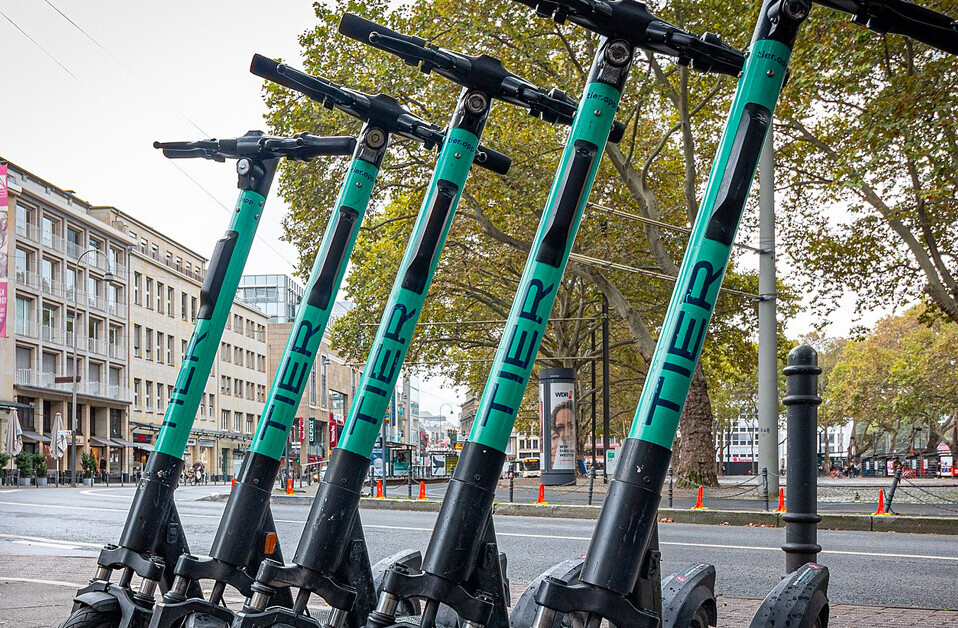
In recent times, organizations have been competing with one another to implement chatbots for various reasons, including enhancing customer experience, streamlining processes, and fueling the demand for digital and innovative technologies. Cognitive technologies such as chatbots have become an apt candidate for end-use application as they have high automation feasibility, high potential of accuracy, low complexity and low execution time.
Raising the bar through intelligence, virtual assistants have been propelled by advancements of mobile technology. Technology giants are putting their weight on a platform designed to answer ad-hoc queries in real-time and fuel sales as chatbots can remember customer preference and use order history to learn from customer responses to the product advertisements, suggest products, and cross-sell aptly.
For instance, if a customer asks for a pizza recommendation with a chatbot, it can remember which pizza the customer ordered and follow up with it when offering a recommendation for another pizza or a restaurant.
Chatbots have the ability to sift through massive amounts of data to pick out the most ideal nuggets for a customer, irrespective of whether it is a recommendation for a new product or a troubleshooting solution.
Artificial intelligence, using machine learning and natural language processing (NLP), has been serving as a stepping stone and has unlocked growth opportunities in the chatbot industry. Machine learning methods are being integrated to provide a seamless customer experience. A chatbot with AI makes the bot sharp and capable of not only answering complicated queries and save customers’ time by helping them find the right information but also give sarcastic and witty replies and assess ambiguous and random human ramblings.
Read: [2020 will mark the death of the chatbot as we know it]
Chatbots have proven to be instrumental in streamlining customer service by ensuring better accuracy in data capture and reducing cost. For instance, UNICEF uses U-Report to empower and connect people globally to speak out and engage with various issues. In January, Airtel Nigeria and UNICEF joined efforts to underpin U-Report.
Owing to ease-of-use and flexibility, conversational agents could become a universal user interface and are likely to replace apps. In a virtual reality environment, chatbots are gradually becoming an essential interface.
Chatbots are perceived as the future of customer experience as they are set to replace several apps and search windows in the next few years. Redefining conversation, chatbots are gaining immense traction across organizations and they have started offering off-the-shelf products that help developers to test, host, build and deploy programs using AI Markup Language (AIML).
E-commerce sectors look to enrich customer experience
In a bid to keep up with the evolving demand of digital-savvy customers, companies across industries such as BFSI, e-commerce, retail, and healthcare have started developing their own chatbots, while others have pinned hope on third-party companies. Visionary banks and financial institutions are increasingly investing in chatbots to provide insights to the right person via the preferred channel.
The e-commerce sector has been one of the biggest beneficiaries of virtual assistants as big companies have begun embracing chatbots. Chatbots are helping e-commerce sectors by boosting engagement on landing pages. E-commerce companies are using virtual assistants for order processing to help customers process their orders and enhance customer experience with 24/7 availability.
Several retailers apply digital helpers, messaging and automated dialogue to streamline customer service. Chatbot-driven commerce with the conversational agent interface has been providing better customer experience and improving retail service and handling millions of requests.
The next wave of chatbots reveals organizations increased palpability towards boosting customer loyalty by giving a personal touch. As such, chatbots are using AI and NLP capabilities to gauge the emotions, tone and voice accent to provide seamless solutions that are customized to the context of the conversation.
Chatbots, underpinned by AI, have disrupted a range of customer engagement and are using NLP to offer required information to customers. Fintech companies and financial firms are increasingly adopting them for payment transactions. B2B sectors have reaped rewards from the use of chatbots to ease invoicing.
Embedding chatbots, big brands make headway
Some of the biggest names, such as Facebook, Microsoft, and Google, have already embraced chatbots to hone their skills to serve a vast number of customers at one go and provide organizations leeway to customize based on their specifications. Riding high on the popularity of mobile messengers and AI, Facebook has been providing payment options to offer a seamless customer experience. For instance, starting in late September 2016, Facebook Messenger users could execute orders and complete transactions through various methods of payment.
In a bid to give tough competition to Apple’s Siri and Amazon’s Alexa, Google is gearing to launch Chatbot Meena. The state-of-the-art model will apparently have a neural network of 2.6 billion parameters that is believed to have improved conversational skills. Reportedly, Chatbot Meena will run on the seq2seq model that will help AI devices in comprehending words in line with other paragraphs.
Facebook acquired Israel-based startup company Servicefriend in late September 2019 to bolster the experience of its upcoming cryptocurrency Libra. Servicefriend is known for building AI-fueled hybrid chatbots for messaging apps. Facebook aims to build an array of financial services for customers to use Libra to receive and Calibra to pay. Reportedly, the new digital wallet meant for Libra currency will be available in WhatsApp, Facebook Messenger and as a stand-alone app in 2020.
Chatbots, fueled by artificial intelligence, are making considerable headway. Big brands are striving to embrace humanized robots, a trend that is likely to redefine the prospect of chatbots.
With lines between customer service and consumer preference becoming more blurred, forward-looking companies are expected to adopt chatbots. Given that organizations need innovation and more efficiency to sustain in volatile markets, chatbots have become the go-to-approach. Buoyed by advancements in NLP and machine learning, chatbots have become more responsive, smarter, and more invaluable. In a bid to trigger users’ top-of-mind recall, major stakeholders across businesses will continue to embrace chatbots on a larger scale in the years to come.
This story is republished from TechTalks, the blog that explores how technology is solving problems… and creating new ones. Like them on Facebook here and follow them down here:
Get the TNW newsletter
Get the most important tech news in your inbox each week.




